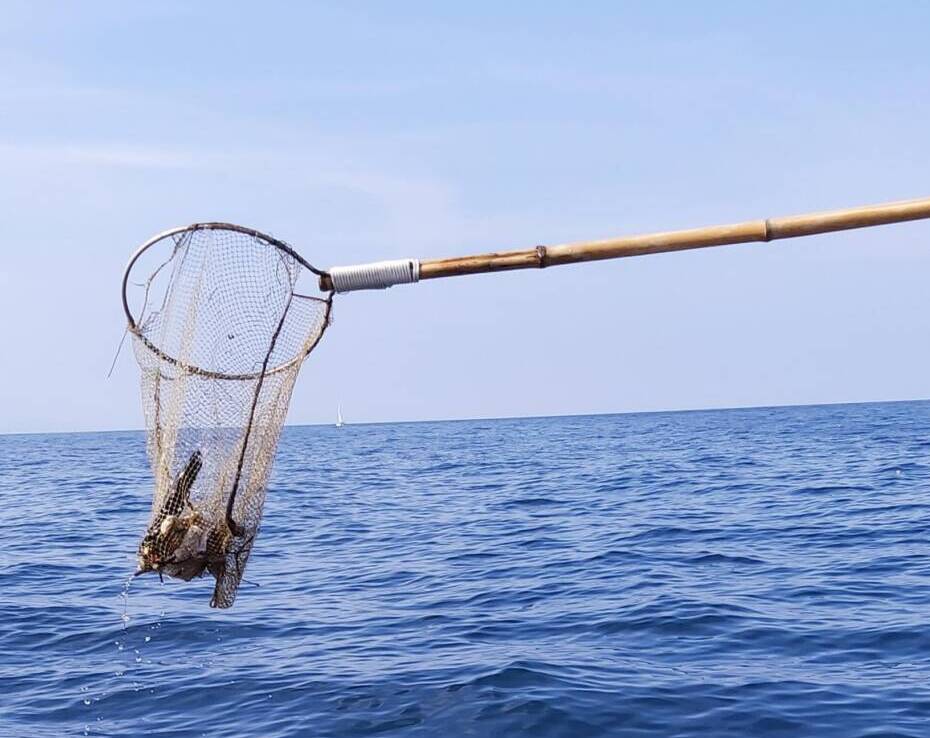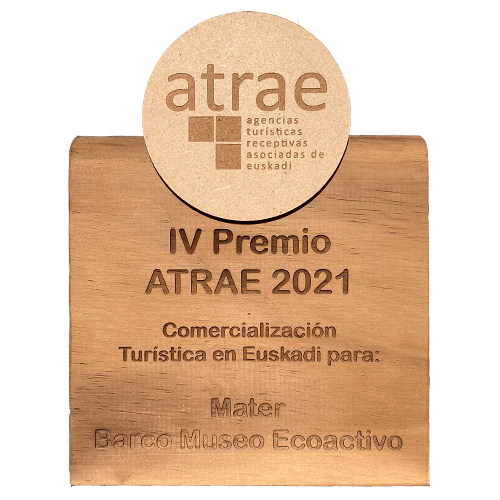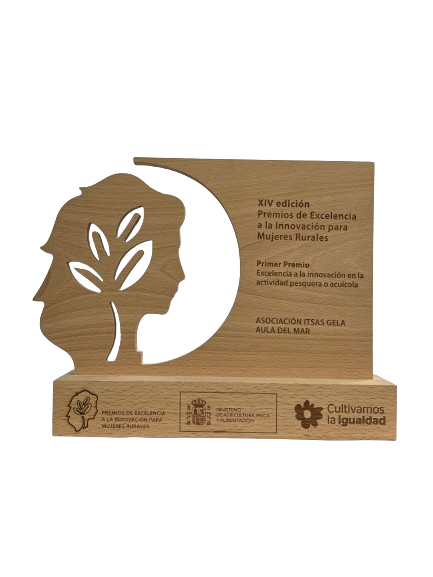We’ve all felt that sense of helplessness upon seeing a piece of plastic floating in the water or a bottle stranded on the shore. Marine pollution is a global problem, but its solution begins with small everyday actions. On the Basque coast, where the Cantabrian Sea is a source of life, culture, and economy, every action to protect it counts.
Collecting litter from the sea is a simple and direct way to help, but it’s important to do it safely and responsibly. It’s not just about removing waste, but about ensuring that our actions don’t create additional problems or pose risks to people or the ecosystem.
Assess the Situation Before Acting
Before collecting any waste from the sea, it’s essential to assess whether the situation is safe.
If you’re swimming and see a piece of floating plastic nearby, you can pick it up without difficulty, as long as you don’t stray too far from the shore or expose yourself to dangerous currents. If you’re in a boat, on a paddleboard, or in a kayak, it’s important to maintain stability before trying to collect it. Whenever possible, use a paddle, net, or boathook (a long pole with a metal tip and hook used in small boats for docking and other maneuvers) instead of putting your hand in the water.
If the litter is in a difficult-to-reach area — such as rocky zones, near cliffs, or in rough waters — don’t take unnecessary risks. In those cases, note the location and report it to the authorities or a specialized organization that can handle its removal safely.

Use Protection Whenever Possible
Some marine litter can be dangerous — it may have sharp edges, contain toxic substances, or be degraded after spending a long time in the water. It’s advisable to wear neoprene, gardening, or work gloves when collecting waste. If gloves aren’t available, try to handle the litter using a stick, paddle, or any other object that serves as a barrier between your hands and the debris.
If you find a suspicious object, such as a container with liquid, a can with chemicals, or any other unknown material, do not touch it. Report it to the authorities through 112.
What If It’s a Large Object?
Sometimes the litter we find in the sea cannot be removed without assistance. Abandoned fishing nets, tires, drums, containers, buoys, or large plastic fragments may be too heavy or tangled in the seabed. In such cases, do not attempt to remove them without proper equipment, as this could be dangerous. Note the location (coordinates) and, if the object poses a navigation hazard, inform by radio on Channel 09 and/or 16 using a “PAM PAM” alert to notify other vessels. You can get your coordinates from your boat’s GPS, nautical apps such as Navionics, or Google Maps by pressing on your location for a few seconds.
The most effective action is to notify Maritime Rescue (VHF Channel 16) or the local authority in charge: lifeguards, Ertzaintza (Basque Police), Civil Guard, etc. All of them can also be reached via 112.
How to Transport and Dispose of Collected Waste
If you collect waste from the sea, make sure it’s properly disposed of once on land. Plastics, cans, and wrappers (in good condition) should go in the yellow bin.
Paper and cardboard, if dry, should go in the blue bin; if wet, they should go in the general waste bin.
Glass should go in the green bin.
Hazardous waste such as batteries, oils, or chemicals must be taken to a clean point (recycling center) for safe disposal.
Depending on the type and condition of plastic, some can be recycled, while others should go directly to general waste. Plastics that have spent a long time in the sea often degrade due to sunlight, salt, and water, which alters their structure and makes recycling difficult.
If you find abandoned fishing nets or gear on the coast, some Basque ports have specific containers for their recycling. The best option is to ask at the nearest Fishermen’s Guild (Cofradía de Pescadores) where to dispose of them properly.
Turn Action Into a Habit
Picking up a piece of litter today is great — but turning it into a habit is even better. Always carry a reusable bag when going to the beach, kayaking, or paddle surfing; it’s an easy way to be ready to collect any litter you find. Getting friends and family involved helps raise awareness and multiplies the positive impact.
Join Organized Clean-ups Taking part in organized clean-ups is another excellent way to contribute. Along the Basque coast, various associations carry out beach and harbor clean-up activities combined with environmental education. Besides helping to clean the sea, these initiatives provide an opportunity to better understand the problem of marine pollution and connect with others who share the same environmental concern.
Where to Report Marine Litter Information
If you identify areas with frequent litter accumulation along the coast, contact organizations such as MATER or the marine monitoring network
ITSAS ZAINTZA SAREA
(in Gipuzkoa) to report it and, if possible, initiate a clean-up There are also digital tools such as Marnoba, an app that allows you to record collected marine litter and contribute data to improve waste management.

Take Action and Be Part of the Change
Next time you find litter in the water, remember that you have the power to act — and that every gesture, no matter how small, contributes to protecting the sea. But remember: the best way to act is through reduction. With the same hands that pick up waste, you can also choose not to consume that product which will eventually become waste.
If you want to take action as part of a community of people who care about the environment, join one of MATER’s upcoming marine litter clean-up activities on land or at sea.

















Síguenos